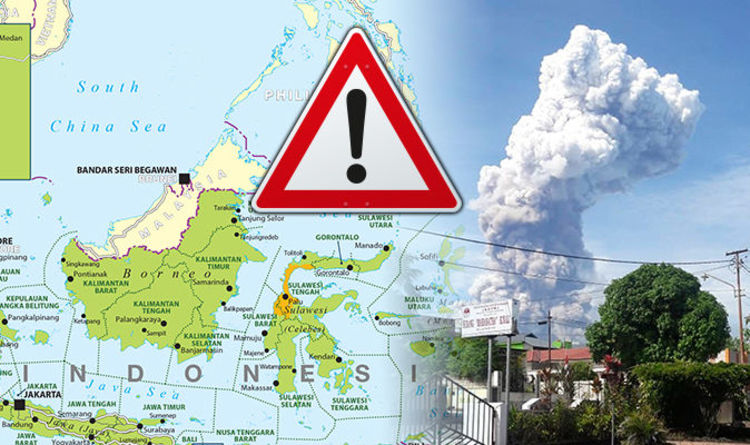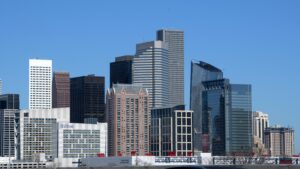Indonesia volcano: Travel advice for eruption, earthquake and tsunami
2 min read
Indonesia has been hit by a volcanic eruption just days after an earthquake and tsunami devastated the islands.
Mount Soputan in Sulawesi has erupted, throwing ash more than 6,000 metres into the air which could be seen for miles.
Just days ago, a tsunami hit the city of Palu which killed more than 1,200. An earthquake in July hit Lombok, killing more than 500 people.
The UK Foreign Office is yet to update the official travel advice for the current volcano eruption but travel could be affected.
Flights across the region are not currently affected, however.
The nearest airport Sam Ratulangi International Airport is open but passengers travelling to and from should check local advice before travelling
Planes have been warned of ash clouds over the area if flying over.
This is because of the volcanic ash in the air which can be devastating for plane engines; a British Airways flight experienced total engine failure after flying through volcanic ash in 1982.
The current Volcano Observatory Notice of Aviation is orange, but residents are not currently being warned to evacuate.
The Foreign and Commonwealth Office has updated the regions that Britons are advised not to travel to in Indonesia.
This includes “the city of Palu and the districts of Donggala, Mamuju Utara, Sigi and Parigi Moutong in Central Sulawesi,” following the earthquake and tsunami.
They also advise travelling to “areas of Lombok north of the main east-west route from Pamenang.
“This area includes the Mount Rinjani National Park, but excludes the Gili Islands (Gili Trawangan, Gili Meno and Gili Air), Lombok airport, the town of Senggigi on the west coast and Kayangan port on the east coast.”
Indonesia is affected by natural disasters such as volcanic eruptions and earthquakes due to being located on the Ring of Fire.
This means it sits on three major continental plates where the earth below is constantly shifting.
The tectonic plates collide with each other regularly, which results in earthquakes. This can lead to tsunamis.
The area is also where 90 per cent of volcanic eruptions occur, with the worst volcano eruption in the world occurring in Indonesia.
More than 90,000 people were killed in 1815 due to starvation after the volcanic eruption triggered harvest failures caused by a climate change.
Discover more from Slow Travel News
Subscribe to get the latest posts sent to your email.



